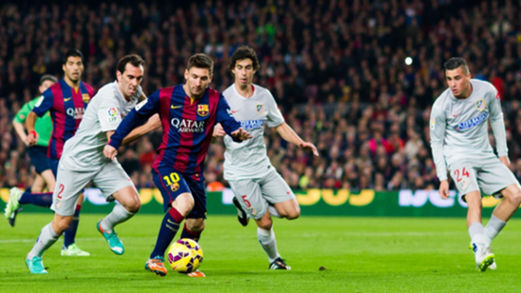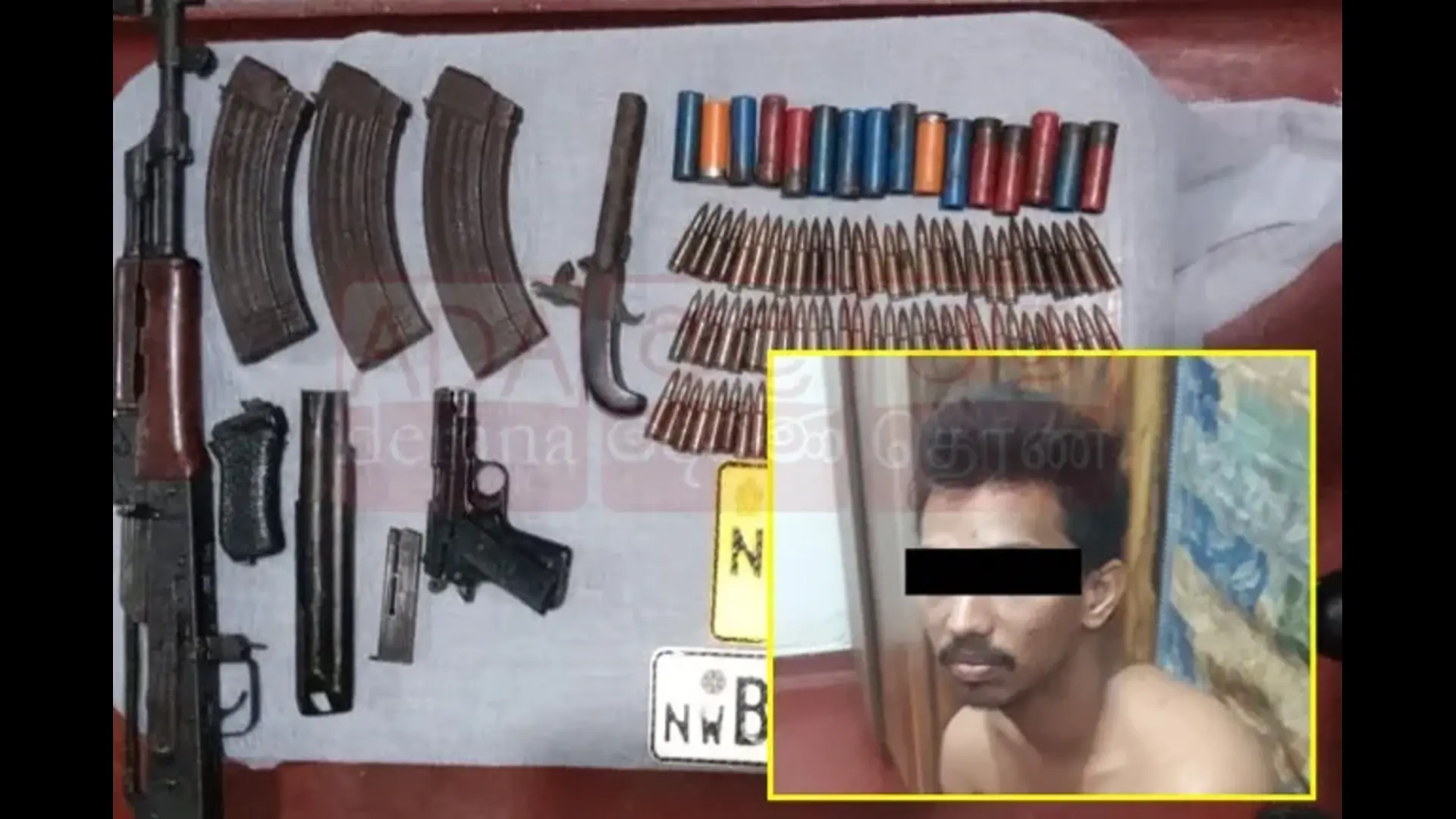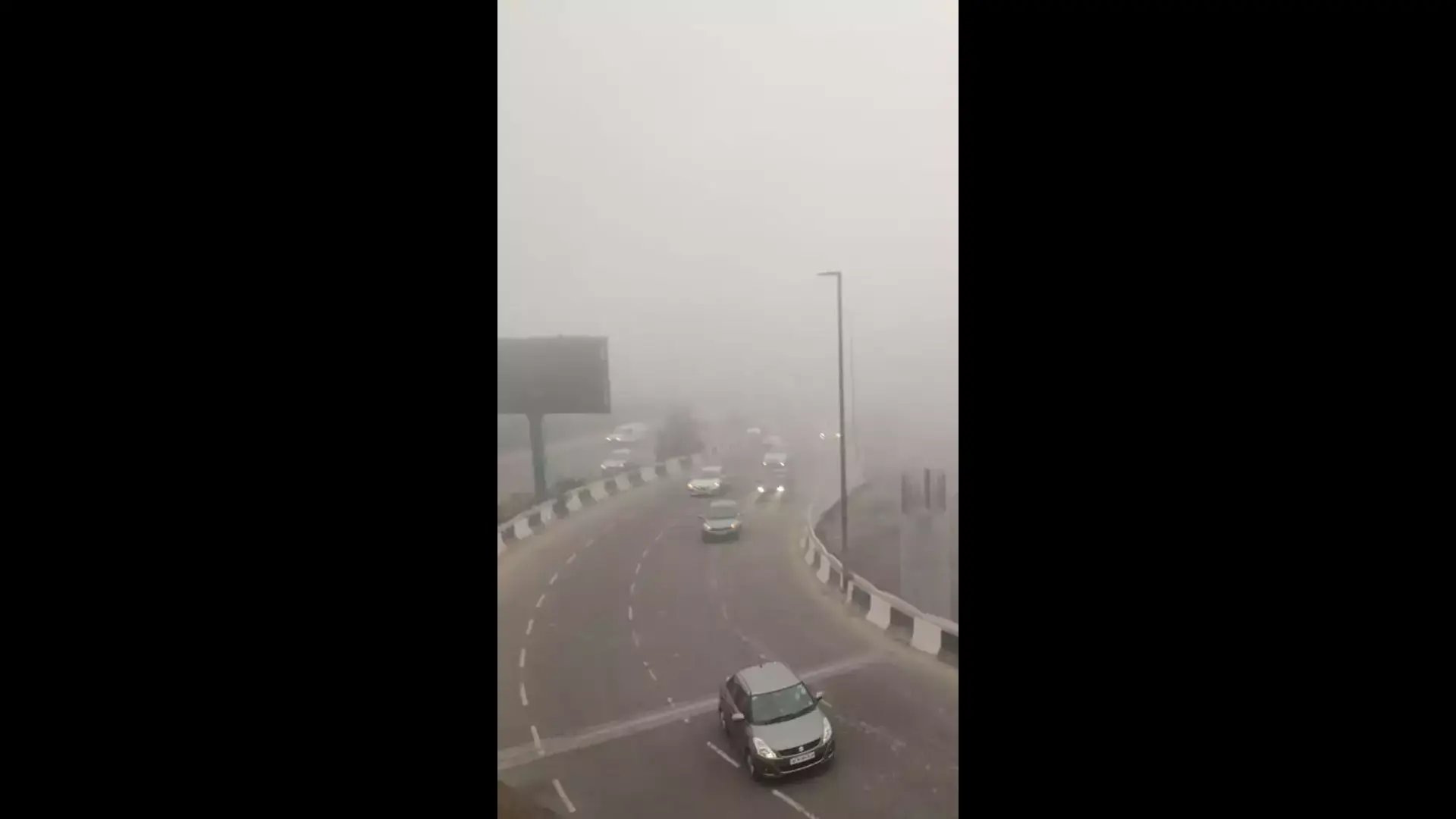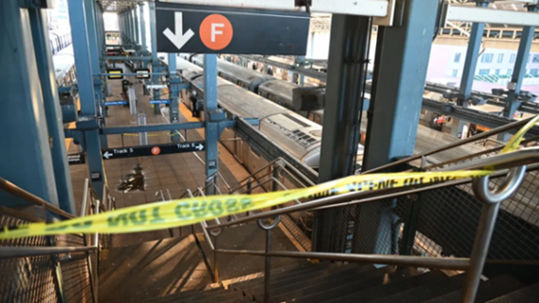Last week, Aam Aadmi Party’s (AAP) Shelly Oberoi was elected as the new mayor of Delhi securing 150 votes out of 266, after a slew of failed attempts to elect the mayor of the city, which conducted its municipal elections in December 2022. As per governing laws, the mayor of the city must be elected a month after the conclusion of the civic polls. However, the growing political rivalry between the AAP, which is in power in Delhi, and the Bharatiya Janata Party (BJP), which controls the centre, led to delays in mayoral elections. In the municipal polls held in the city in December 2022, the AAP won the civic body, securing 134 out of the 250 wards.
The BJP, which had ruled the Municipal Corporation of Delhi (MCD) for the past 15 years, lost control of the civic body, and only managed to secure 104 wards. The BJP and AAP, have been in a constant fight in the capital as the AAP has formed three successive governments in Delhi in 2013, 2015, and 2020, while the BJP has continued to win all seven Lok Sabha seats in the capital in 2014 and 2019.
Mayor Shelly Oberoi will be responsible for the working of the unified MCD, which was merged last year due to the Amendment of the Municipal Corporation Act, 1957. However, despite the appointment of the mayor, the two parties continued to clash as members of the standing committee were being elected in the House, as the voting process went on till midnight. Videos from the Delhi Civic Centre from 23rd February show councillors embroiled in scuffles with each other, while shouting and throwing objects at each other. Several members of both the BJP and the AAP filed cases against each other following the fighting in the civic centre. Let us take a look at the saga of the Delhi mayoral elections, which has been at the centre stage of the capital’s politics in the last few months.






